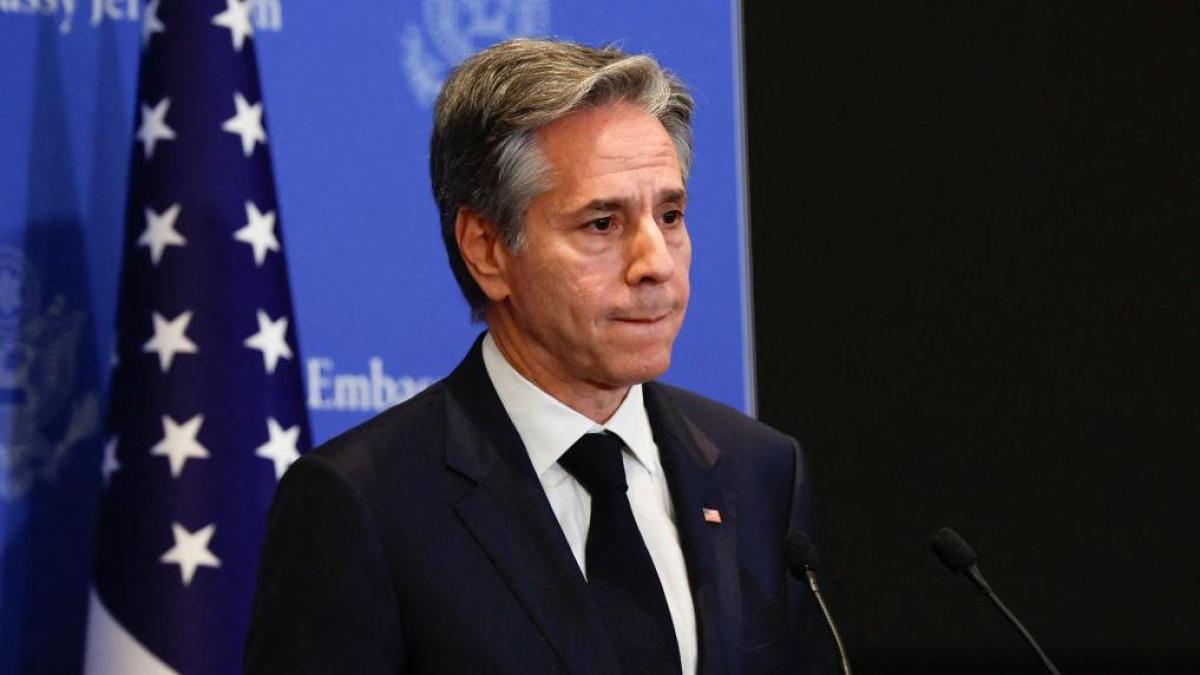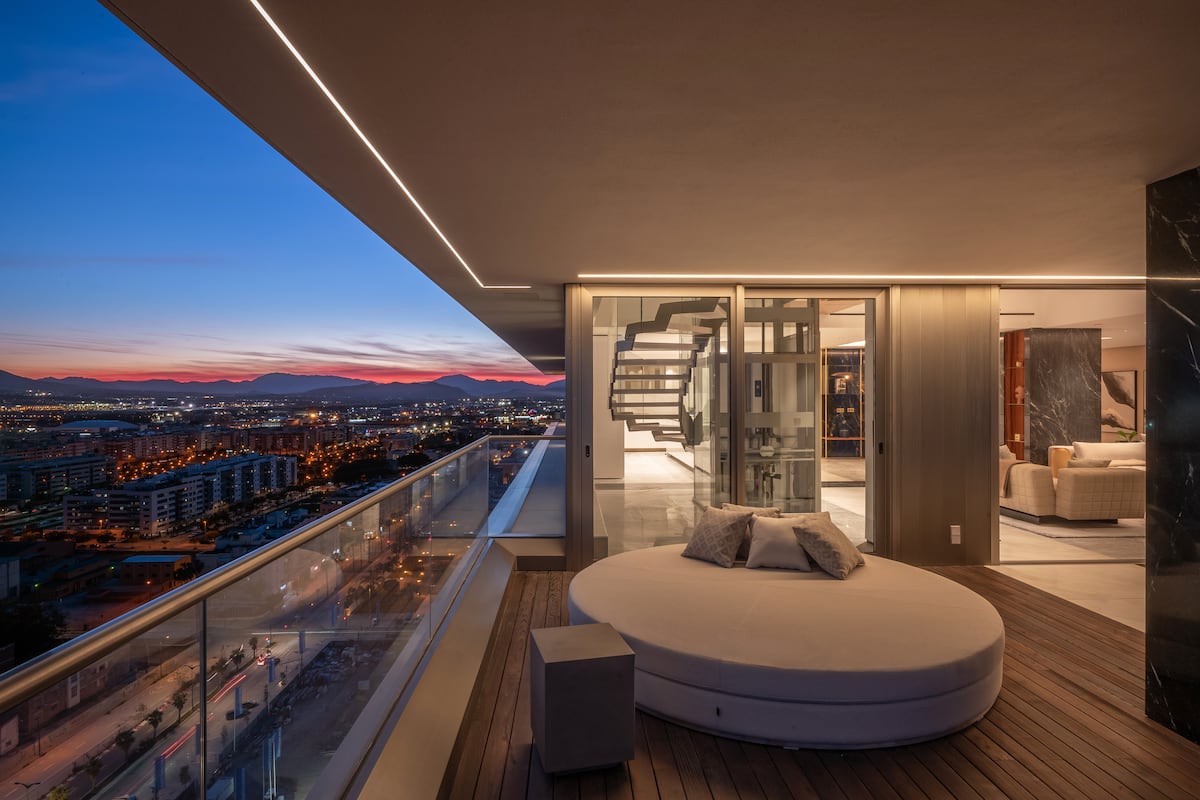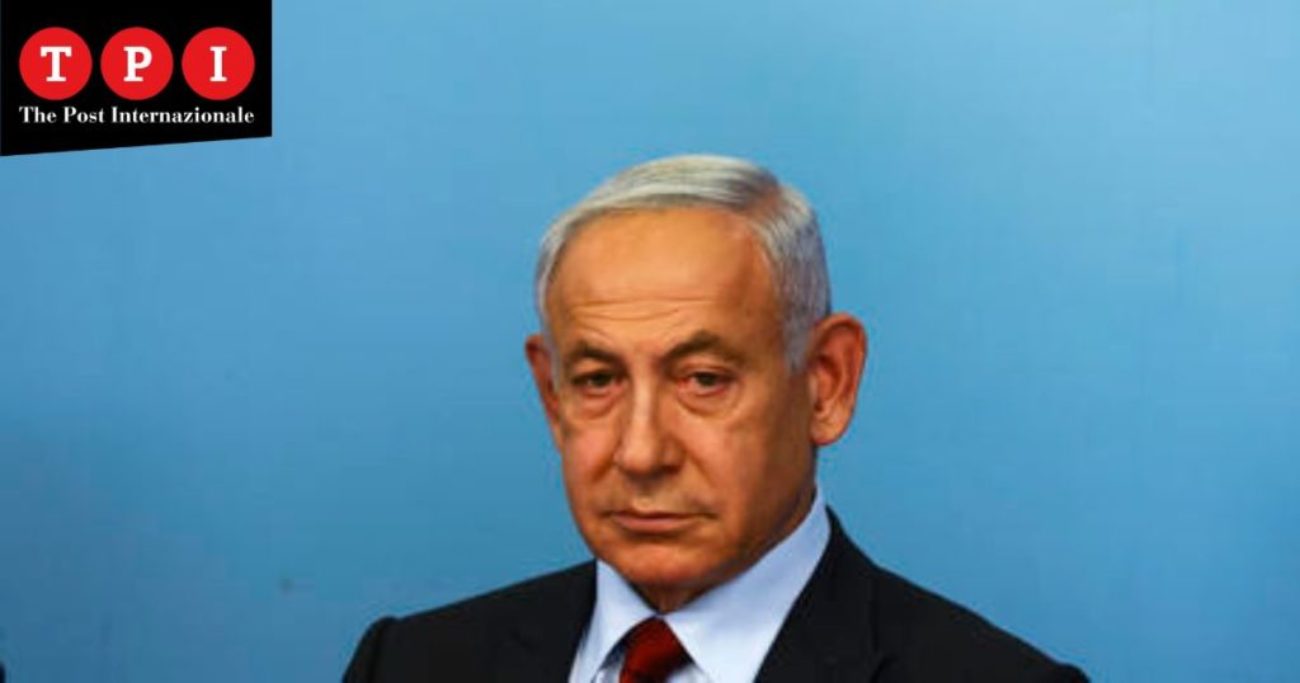Art is as vital as religion and science, writes artist Ai Weiwei.
Contemporary culture – by which I mean painting and sculpture, audiovisual art, literature and poetry born after the Industrial Revolution – is inevitably a child of its time.
The changes that have taken place in industrial production over the past 200 years and the constant pursuit of profit have profoundly shaped the economy and politics as well as culture. This historically unique leap has radically expanded human resources and led to differences in living standards and development.
The rest of the world was being exploited by the mighty European and North American states. With the end of the Cold War, a new framework for globalization driven by the West and its political institutions and monopolies has developed. The political and cultural debate is dominated by the pursuit of profit. The national borders that previously defined the spheres of power seem to have disappeared.
All this is reflected in the culture of our time. It is unreasonably affected by for-profit companies with too much power in the economy, politics, education and the media.
The influence of companies is reflected in the world of values, aesthetic education and philosophy of society. The cultural landscape is also shaped by the whole framework of Western capitalism, with its concepts of democracy, freedom and partial socialism.
All of this has given birth to a system in which cultural education, art criticism, and the curating processes of museums and galleries not only shape aesthetics, but also influence the entry of works of art into the great narrative of Western art history. The system fully reflects the values and aesthetic tendencies of capitalism.
The system is defined by the fervent defense of individual freedom typical of capitalism, the cultivation of so-called creativity and the glorification of unrestrained personal development.
Ai Weiwei was imprisoned for a few months in 2011 after criticizing the Chinese leadership. After receiving his passport back in 2015, he has lived in Berlin, Germany, Cambridge, Britain, and in rural Portugal since last year.
As a result, there is a general tendency to look at art from a purely commercial perspective, leaving spiritual aspects at the feet of the pursuit of wealth. At the same time, social injustice, regional inequality, the exploitation of the weak and the deprivation of natural resources are being forgotten.
In dodging these problems, contemporary art has become mere entertainment, detached from spirituality. The ability of art to shape human self-knowledge and to act as the building blocks of identity has eroded. The outlook is bleak.
“
Contemporary art has become mere entertainment, detached from spiritual life.
A new perspective on humanity
I believe that art can only evolve in a meaningful and rewarding direction when it creates new ways of looking at humanity. As a person, an artist is both an individual and a member of society. In our time, the individual cannot escape the broader political context.
To be aware of one’s own unique existence and spirituality, one must understand the human part and be aware of the origin of morality. Without consciousness, there is no morality.
Over the years, my own works have dealt with life and death, the wider socio-political context, global environmental change, and the pandemic and its effects on humanity and being human. They are all related to the humanity and dignity that are in the works Black Chandelier (2021) and A Tree (2021) in the background. I will continue along this line in my future work.
The prevailing aesthetic values will rise to critical scrutiny in 2022 and beyond, but real change requires awareness and action. The most important abilities of an artist are authenticity and precision. Therefore, art cannot evade aesthetics and ethics. At the heart of all art is a sense of responsibility that the artist has as both an individual and a social being.
Art is a unique means of expression and its own language that can warn of the present and the future.
Ai Weiwei’s work of art Whitewash was on display in November 2021 at the M + Museum in Hong Kong. The recently opened M + Museum is one of the largest museums of modern visual culture in the world.
The cornerstone of life
People’s intellectual limitations offer opportunities for art. Despite humanity’s overdeveloped self-esteem, extreme arrogance, and tendency to overestimate its own ability to rule the world, man cannot escape his own mortality. Life and death, pain and disappointment, exploitation and sacrifice – it is the best possible breeding ground for art to flourish, shake humanity and develop people’s self-awareness.
Art is as vital as religion and science; it is an essential cornerstone of life. Greed and lust may overshadow art for a moment, but it will inevitably emerge again and again and contribute to the well-being of all mankind.
Published in The Economist’s The World Ahead 2022. Translated by InPress © 2021 The Economist Newspaper Limited. All rights reserved.
.
#Analysis #Art #shape #persons #selfknowledge #build #identity #mere #entertainment #writes #artist #Weiwei






